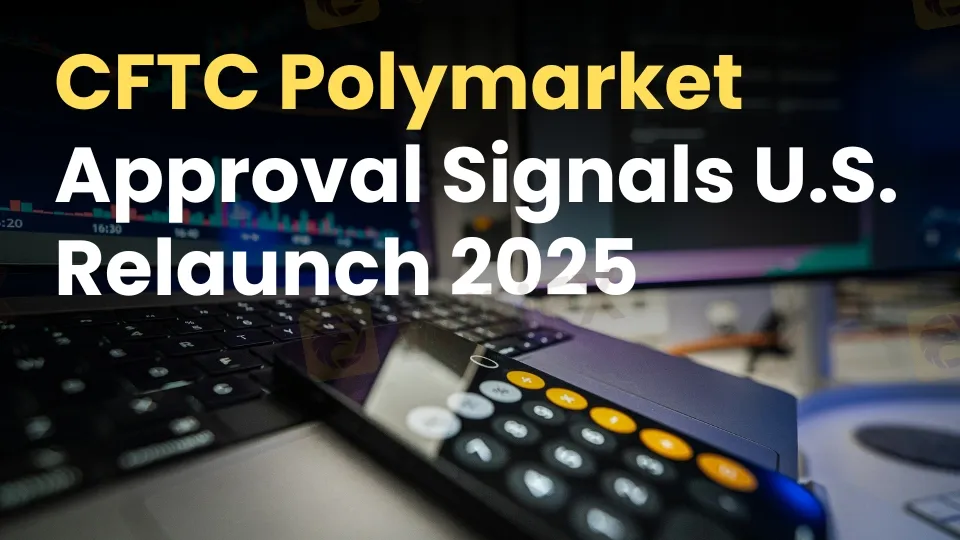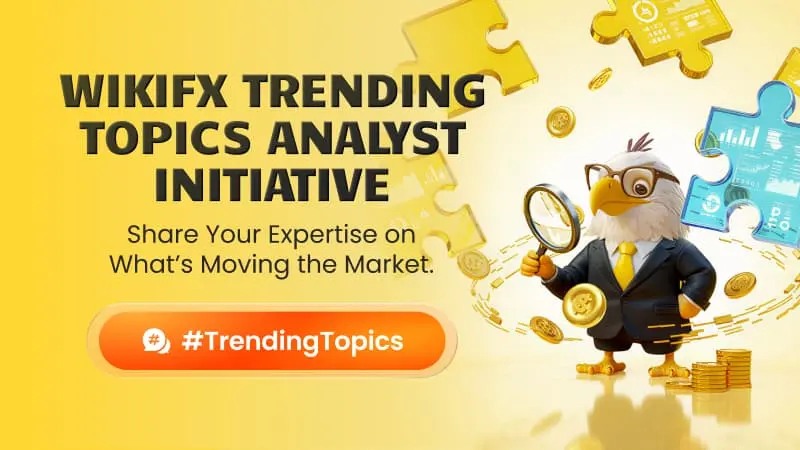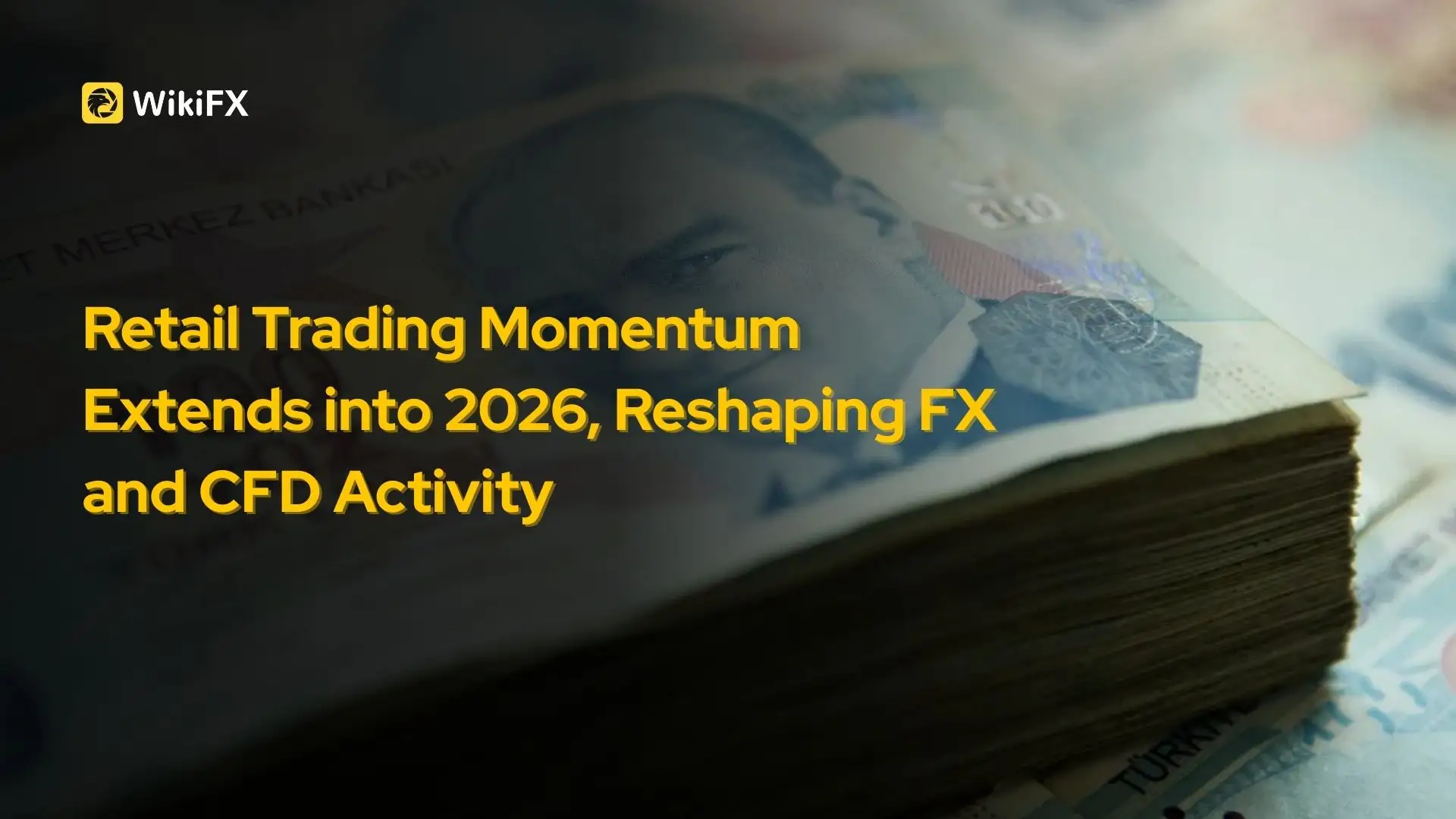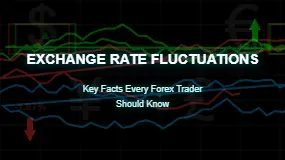WikiFX Officially Launches the “Every Review Counts” Broker Review Initiative!
In forex trading, what truly determines risk is often not market volatility itself, but whether information is authentic, transparent, and fully visible.
简体中文
繁體中文
English
Pусский
日本語
ภาษาไทย
Tiếng Việt
Bahasa Indonesia
Español
हिन्दी
Filippiiniläinen
Français
Deutsch
Português
Türkçe
한국어
العربية
Abstract:CFTC Polymarket approval clears path for Polymarket U.S. relaunch 2025, reshaping regulated prediction markets in the United States.

The CFTC Polymarket approval marks a pivotal moment for the prediction‑market industry, setting the stage for the Polymarket U.S. relaunch 2025. After years of regulatory uncertainty, the Commodity Futures Trading Commission (CFTC) has formally authorized Polymarket to operate under a fully regulated framework. This decision not only reopens access for American traders but also establishes a precedent for the future of regulated prediction markets in the United States.
The CFTCs amended order of designation grants Polymarket the ability to function as a federally supervised trading venue. Under this framework, U.S. users will gain intermediated access through futures commission merchants and traditional brokerage channels.
This development aligns Polymarket with the same compliance obligations as established exchanges, including surveillance protocols, clearing rules, and reporting standards under the Commodity Exchange Act. By meeting these requirements, Polymarket demonstrates its commitment to transparency and accountability — qualities regulators have long demanded from event‑based trading platforms.
Industry analysts note that the approval represents more than a regulatory milestone. It signals a broader acceptance of prediction markets as legitimate financial instruments, capable of offering insights into political, economic, and cultural events. For U.S. traders, the decision provides a pathway to participate in contracts that were previously inaccessible due to regulatory restrictions.

The Polymarket U.S. relaunch 2025 is expected to roll out in phases, beginning with limited beta access for select users before expanding nationwide. According to company statements, this relaunch will be accompanied by enhanced compliance systems, including upgraded surveillance tools, market‑supervision rules, and clearing procedures.
CEO Shayne Coplan emphasized that the relaunch reflects Polymarket‘s maturity within the U.S. regulatory landscape. “This approval allows us to operate in a way that reflects the transparency the U.S. framework demands,” Coplan said, underscoring the company’s commitment to constructive engagement with regulators.
The relaunch is particularly significant given Polymarkets history. In 2022, the platform was forced to block domestic users amid heightened regulatory scrutiny. The new designation reverses that trajectory, positioning Polymarket to reenter the U.S. market with a structure comparable to federally regulated futures exchanges.
Market observers expect the relaunch to attract both retail and institutional traders, reshaping how event‑based contracts are accessed. By integrating intermediated trading, Polymarket ensures that its contracts are available through established financial channels, increasing credibility and adoption.
The approval and relaunch highlight the growing importance of regulated prediction markets in the United States. Historically, prediction markets operated in a gray area, offering insights but lacking formal recognition within financial regulation. The CFTCs decision changes that narrative, embedding prediction markets within the broader ecosystem of regulated trading.
For policymakers, the move underscores the potential of prediction markets to serve as tools for aggregating public sentiment and forecasting outcomes. For traders, it provides a new asset class that combines speculative opportunity with informational value.
The U.S. relaunch also positions Polymarket competitively against international platforms. By operating under CFTC oversight, Polymarket gains legitimacy that unregulated competitors cannot match. This advantage is expected to drive adoption among cautious investors who previously avoided prediction markets due to regulatory uncertainty.
Moreover, the decision may encourage other platforms to pursue similar approvals, expanding the footprint of regulated prediction markets nationwide. Analysts suggest that the U.S. could become a global hub for event‑based trading if additional operators follow Polymarkets lead.
These data points reinforce the significance of the approval, demonstrating both demand and potential impact across market segments.
While the approval is U.S.‑centric, its implications extend globally. Prediction markets have long been popular in Europe and Asia, but regulatory frameworks vary widely. The CFTCs decision provides a model that other jurisdictions may emulate, potentially harmonizing international standards.
For local markets, particularly in financial hubs such as New York and Chicago, the relaunch offers new opportunities for brokers and intermediaries. By integrating prediction contracts into existing trading infrastructure, Polymarket bridges the gap between innovative financial products and traditional market access.
The CFTC Polymarket approval and the forthcoming Polymarket U.S. relaunch in 2025 represent a turning point for the industry. By embedding prediction markets within the regulatory framework of the United States, the CFTC has legitimized a sector once viewed with scepticism.
As Polymarket prepares to reopen its doors, traders and analysts alike will be watching closely. The relaunch not only restores access for U.S. users but also sets the stage for broader adoption of regulated prediction markets in the United States, potentially reshaping the future of event‑based trading worldwide.

Disclaimer:
The views in this article only represent the author's personal views, and do not constitute investment advice on this platform. This platform does not guarantee the accuracy, completeness and timeliness of the information in the article, and will not be liable for any loss caused by the use of or reliance on the information in the article.

In forex trading, what truly determines risk is often not market volatility itself, but whether information is authentic, transparent, and fully visible.

Share Your Expertise on What’s Moving the Market.

Strong retail participation in 2026 is driving forex and CFD trading volumes higher, as investors expand beyond equities into macro-sensitive markets.

The forex market is a happening place with currency pairs getting traded almost non-stop for five days a week. Some currencies become stronger, some become weaker, and some remain neutral or rangebound. If you talk about the Indian National Rupee (INR), it has dipped sharply against major currencies globally over the past year. The USD/INR was valued at around 85-86 in Feb 2025. As we stand in Feb 2026, the value has dipped to over 90. The dip or rise, whatever the case may be, impacts our daily lives. It determines the price of an overseas holiday and imported goods, while influencing foreign investors’ perception of a country. The foreign exchange rates change constantly, sometimes multiple times a day, amid breaking news in the economic and political spheres globally. In this article, we have uncovered details on exchange rate fluctuations and key facts that every trader should know regarding these. Read on!
